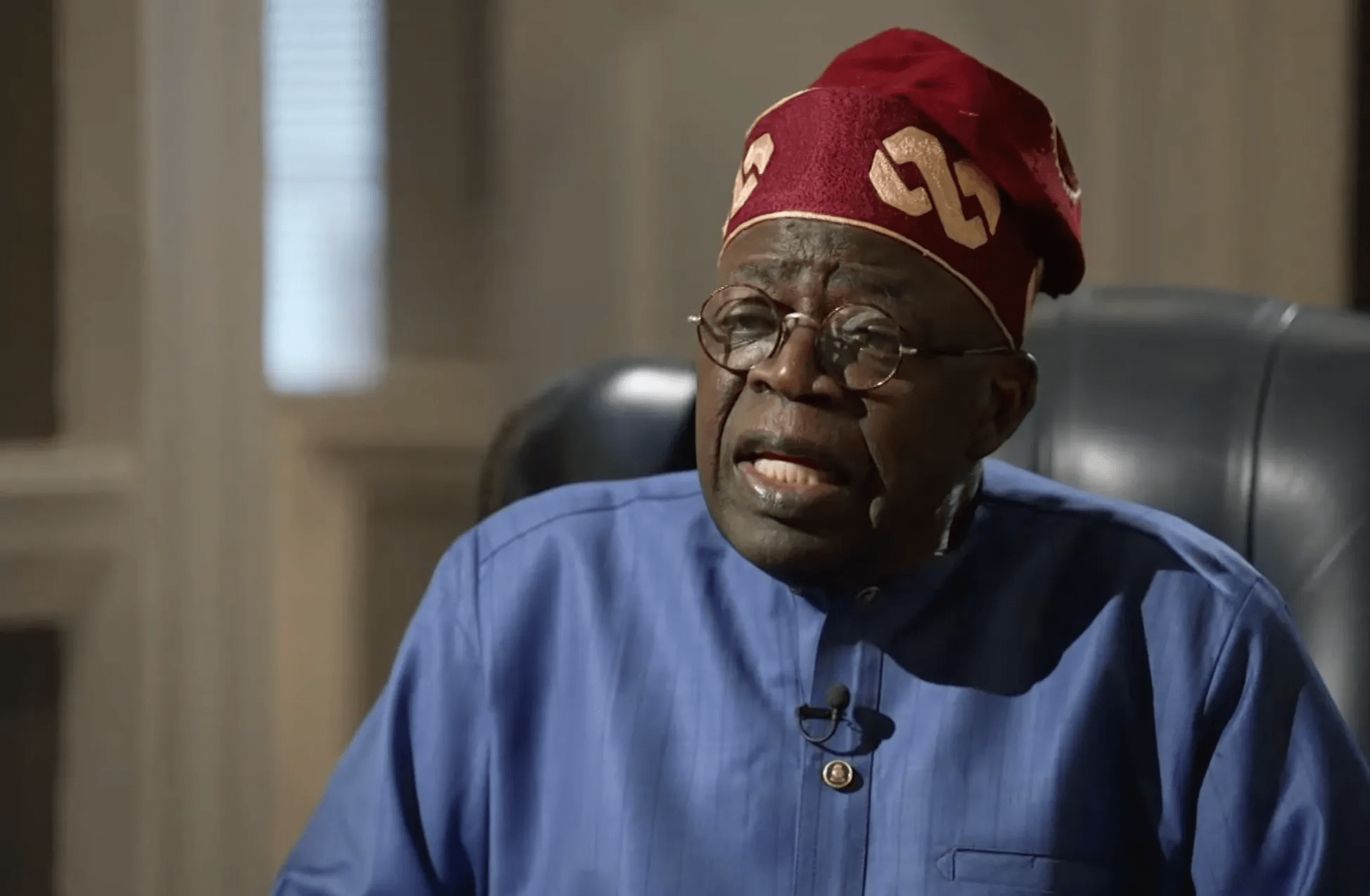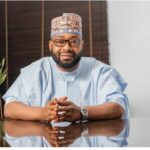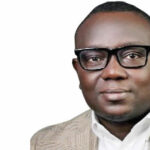
AFTER keeping the country in suspense for two months, President Bola Tinubu’s unveiling of 28 ministerial nominees on Thursday failed to reignite hopes of radical change in Nigeria’s governance trajectory. While some new faces are on the list, the return of four ex-governors and some others with unflattering political baggage immediately drew reactions ranging from disappointment to disgust. In the end, since the list offered no surprises, its lateness and incompleteness reinforce a rising conviction that though Tinubu prepared, worked hard, and strategised to win power, alas, he has not prepared adequately for the arduous task of governance.
For a country facing multiple crises: political, economic, security, and social, including existential threats, this is troubling. Moreover, after eight years of ruinous, indecisive superintendence under Muhammadu Buhari; Nigeria desperately needs a sure-footed leader at the helm.
Since his inauguration on May 29, Tinubu has sent mixed signals. Presenting an image of decisiveness and courage to take bold decisions to rescue the economy, he immediately stopped the petrol subsidy a month ahead of schedule and followed this up with nudging the Central Bank of Nigeria to unify the official and parallel market naira exchange rates.
This ‘boldness’ has however frayed as the two measures have devastated businesses, pushed many more people into poverty, and by its responses, exposed the unpreparedness of the administration.
Indecision has also manifested in the delayed appointment of a cabinet. It took Buhari six months to name ministers in his first term, and two months in his second. Tinubu has continued on that slippery path.
His image of a decisive political actor is crumbling. Whereas an amendment to the 1999 Constitution requires the President to send the names of ministerial nominees to the Senate within 60 days after his inauguration, he dallied till the last minute. Besides, he fulfilled the law only halfway by presenting 28 names, while the constitution requires him to nominate at least one minister from each of the 36 states.
He was announced winner of the presidential election on March 1, a clear three months before inauguration. In effect, it has taken him five whole months to name just part of his cabinet, an embarrassing reminder of the Buhari era.
Additionally, his promise to run a cabinet of mostly technocrats appears to be folding in favour of settling his political IOUs. He also fell short of his campaign promise of having at least 35 per cent women.
Many commentators are upset at his recycling of some politicians, especially the ex-governors. They find little to recommend them. Along with others, on their watch, Nigeria transited from a 52 per cent poverty rate in 1999 to become the world’s poverty capital in 2018, only returning the title to India in 2021. It had 133 million poor in 2022, joined by another 7.1 million this year, according to the World Bank.
Two ex-governors, Nasir el-Rufai (Kaduna), and Nyesom Wike (Rivers), have been ministers of the FCT and of Education respectively during the Fourth Republic. Both are divisive figures. El-Rufai’s eight-year rule saw Kaduna descend into a hellish killing field and hotbed of ethnic and sectarian divisions. The murder of five persons and kidnapping of another 50 farmers in Giwa Local Government Area at the weekend reflects a daily fare. Wike left Rivers no better.
Another ex-governor, Badaru Abubakar, for eight years presided over Jigawa that has the country’s highest percentage of multi-dimensionally poor children with 73.9 per cent, and an illiteracy rate of 75.8 per cent. With David Umahi of Ebonyi as the fourth, many Nigerians wonder why Tinubu cannot find new hands to drive his “renewed hope” slogan.
Other nominees such as Ahmed Dangiwa, and Stella Okotete, have been hit with allegations of wrongdoing, while Sani Danladi, a former governorship aspirant in Taraba State, was enmeshed in a fake certificate allegation.
Two ruling party presidential aspirants who stepped down for Tinubu made the list. Indeed, while the law presumes accused persons innocent unless otherwise pronounced by the courts, and it is universal practice to reward political interests with appointments, Nigerians who yearned for more non-political actors were disappointed.
There are some silver linings. Unlike Buhari, the list reflects Nigeria’s diversities. At 38, Okotete is a refreshing departure from the creeping gerontocracy of the major parties; Hanatu Musawa, 43, Bunmi Tunji-Ojo, 41, and Betta Edu, 36, are also relatively young.
A few other technocrats also made it: Mohammed Pate, a one-time minister of state for health, is a well-regarded international health professional; Dele Alake, a long time Tinubu acolyte, is a leading journalist; and Doris Uzoka, a banker; and Lateef Fagbemi, a respected Senior Advocate of Nigeria.
Tinubu has faltered, but still has a chance to define a strong character for his administration, inspire public confidence and halt the country’s slide into state failure. The next batch of nominees should be top-heavy with technocrats. He should avoid the politicians who collectively have thoroughly misgoverned Nigeria.
Governance is different from politicking; settling with politicians across the aisle does not unite Nigerians. He needs a team to rescue the economy, stamp out crime, bridge the infrastructure gap, and fix the education and health sectors.
The country is tottering. The naira exchanged at N870 to $1 at the weekend at the unofficial market, while blue chips, Nigerian Breweries, Guinness Nigeria, and others announced huge losses on the back of forex volatility; terrorists continued killing and kidnapping across the country, and international agencies announced higher poverty and hunger figures in the land. Industrial strikes are on the horizon.
Politics should therefore take a back seat. Tinubu should quickly name his full cabinet this week; assemble a very strong economic management team, and appoint a very capable professional as defence minister. His next batch of ministers should inspire hope.
The Senate should do a thorough screening and insist on portfolios being attached to each nominee. Nigeria’s outlandish democracy features senators questioning nominees for unspecified positions! This Senate has a chance to drop the charade. It should reject any unfit person.
Having wasted two months, Tinubu should roll up his sleeves and go to work.













